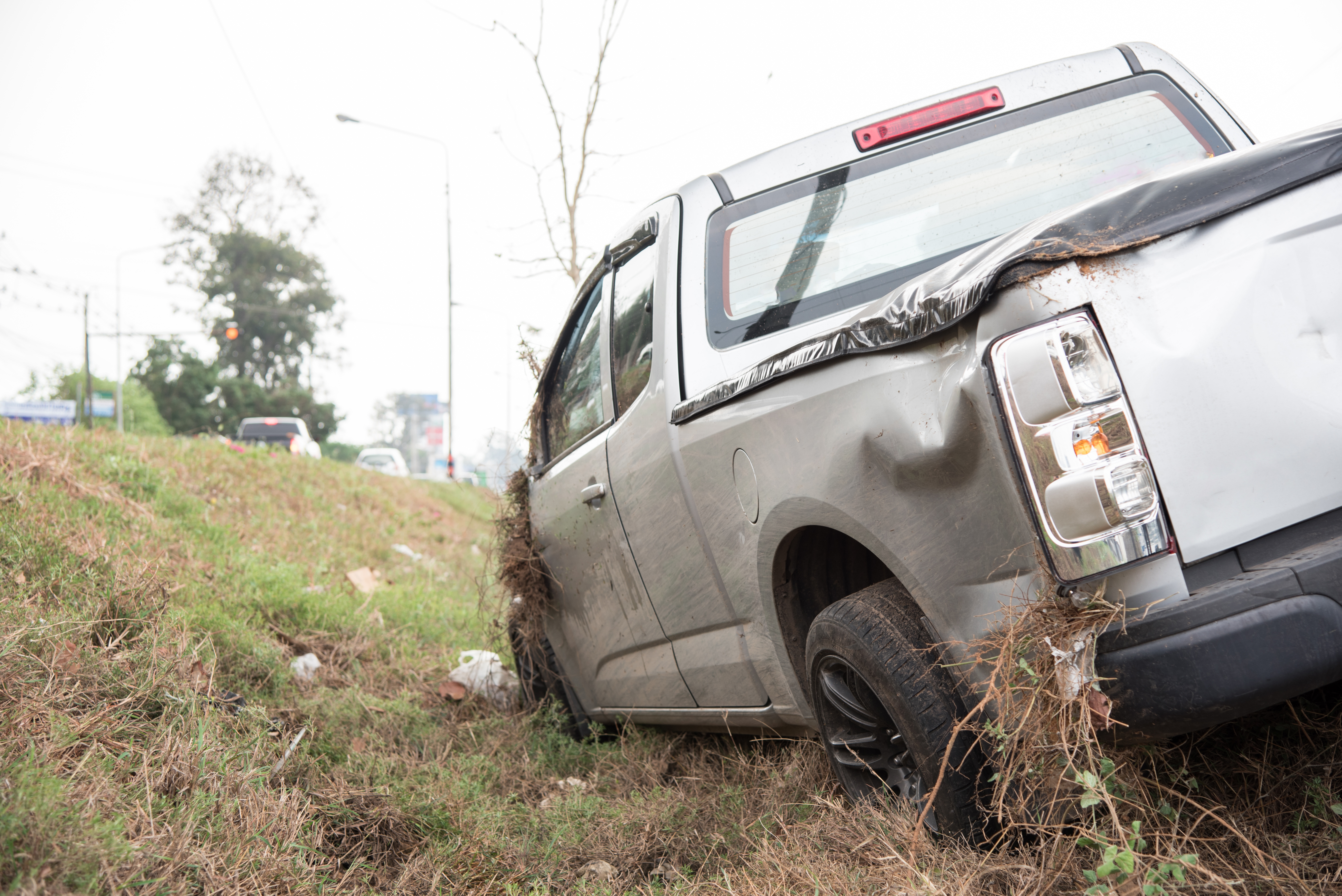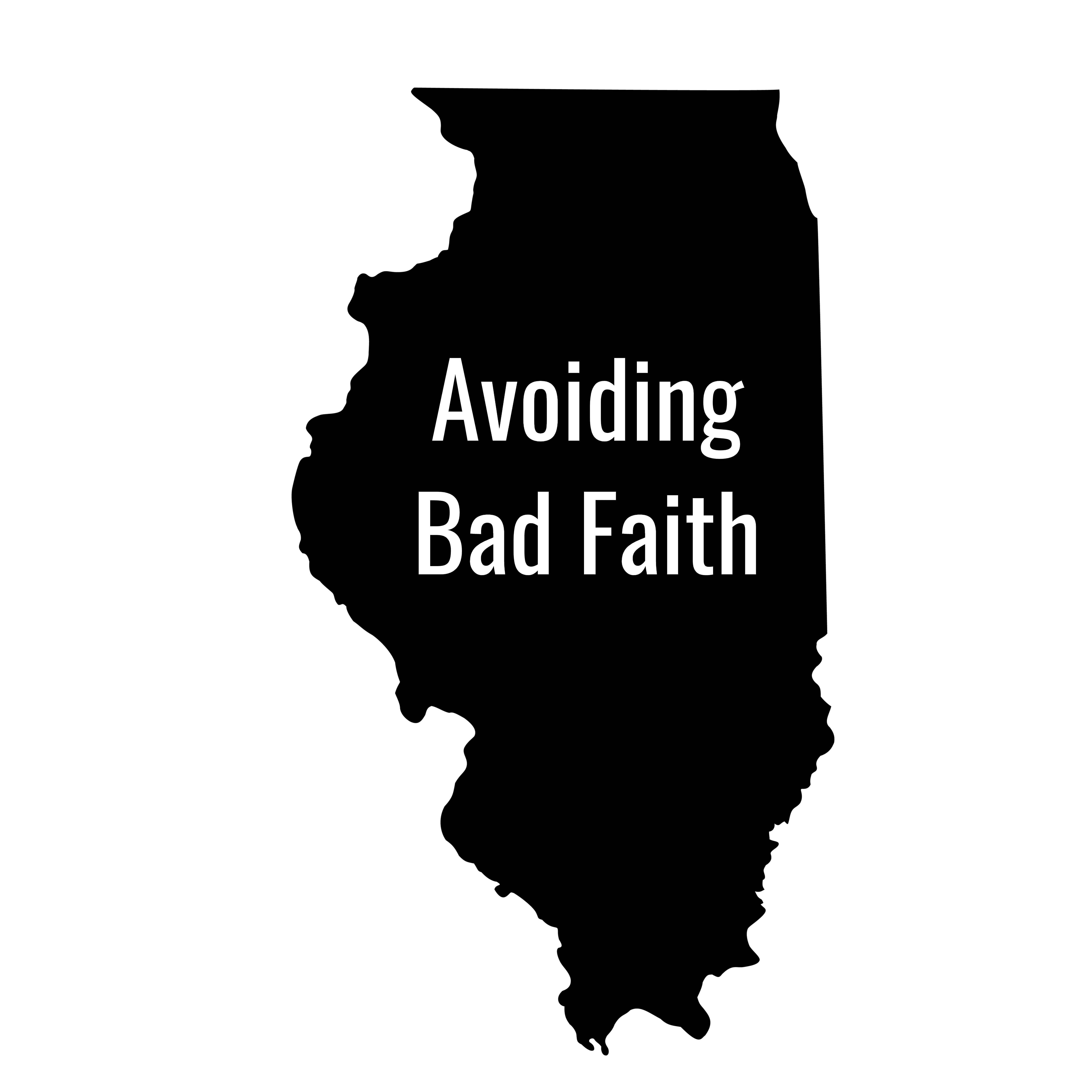Fifth Circuit Finds Potential Coverage for Data Breach; Interprets “Publication” Broadly
Using general contract interpretation principles, the Fifth Circuit reversed summary judgment in favor of an insurer and found a duty to defend Landry’s in a data breach lawsuit. Landry’s Inc. v. The Insurance Company of the State of Pennsylvania, No. …
Fifth Circuit Finds Potential Coverage for Data Breach; Interprets “Publication” Broadly Read more »







